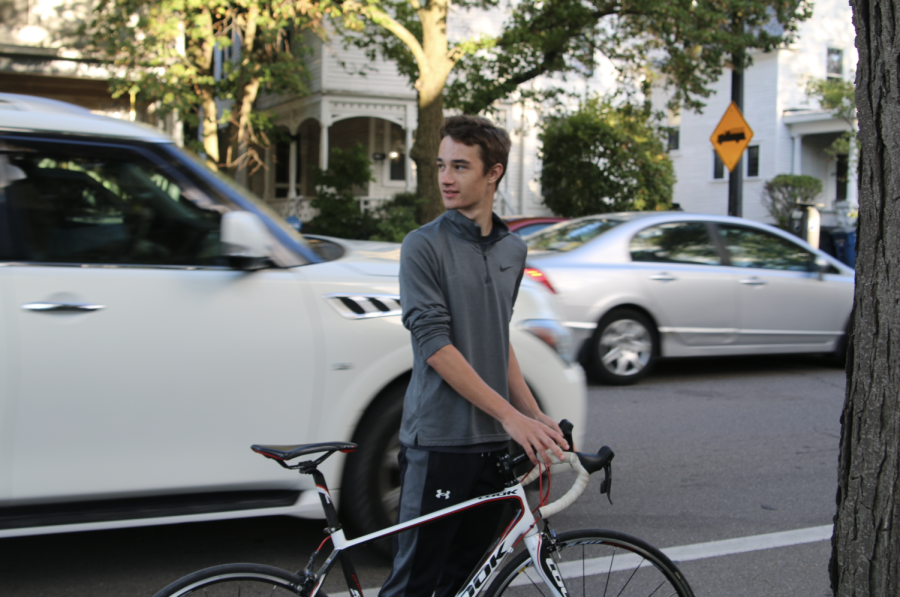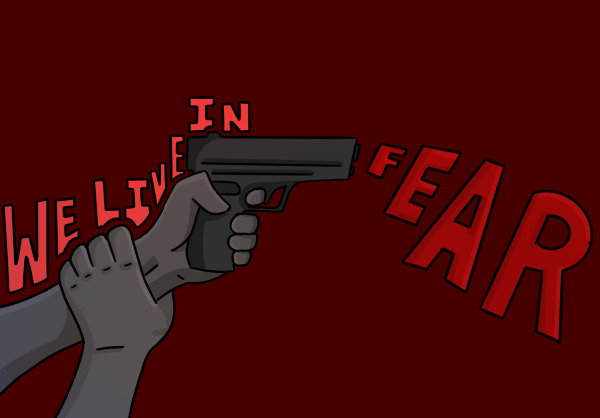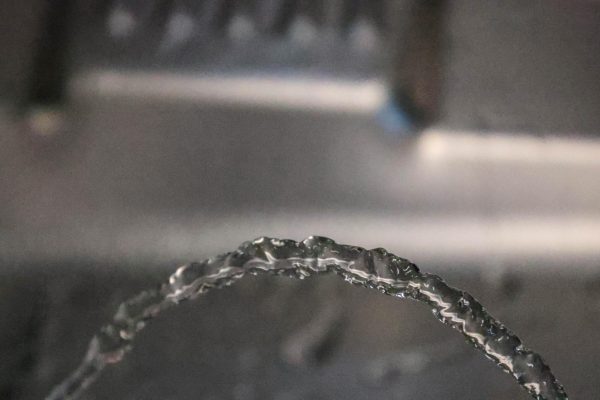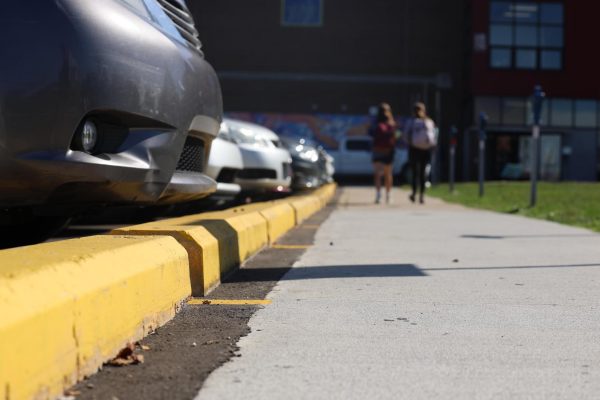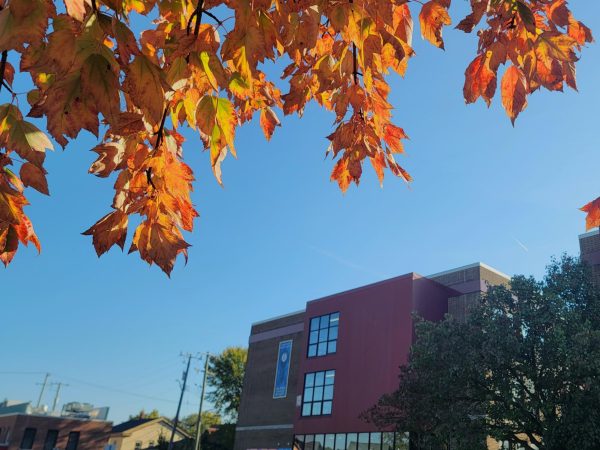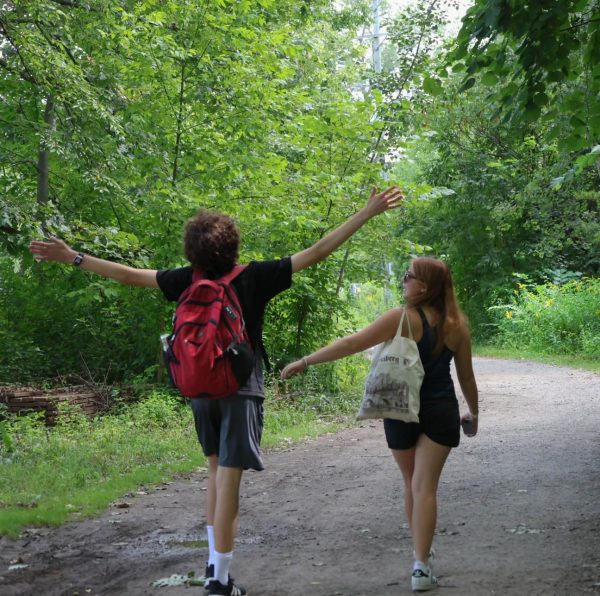Horror on Four Wheels
On his way to school, Charlie Beeson passes cars every day. He walks his bike when he doesn’t feel safe riding. “There are times where I’ve wondered how my life would change if I was hit by a car.”
On the morning of July 30, 2022, my friends were riding their bikes along Stage Road in Ronald Township, Michigan. It was their second day out of a three-day-long endurance ride, starting in Traverse City and ending down in Battle Creek.
At the start, the ride had upwards of one hundred cyclists attending, but the event had since separated into small groups of cyclists biking alone. My friends, who had fallen back from the other groups, rode leisurely along the gravel and asphalt roads, stopping for pictures and food.
With eight hours of riding behind them and 35 miles to go, they were exhausted but having fun. The empty land allowed for a sort of meditative, euphoric boredom, and they basked in the peaceful Michigan farmland together, watching the sun rise as they rode.
But peace only lasts so long on the road. Suddenly, they stumbled into a horrific scene: cop cars, ambulances and sirens blaring; bikes strewn across the ground. A group of five riders ahead of them had been hit head-on by an intoxicated driver. One of the riders had been pronounced dead on the scene, and another died later in the hospital.
Out of fear, it took weeks for my friends to ride again.
I am a cyclist. I am also someone who commutes by bike to school and someone who races my bike competitively. So naturally, there are times when I’ve wondered how my life would change if I was hit by a car.
I’ve had close calls before, but I can shake most of them off. From intimate contact with cars that don’t move away from the shoulder, to being almost slammed into because a driver doesn’t see me crossing a street, I’ve seen and felt a lot of things nobody should experience while trying to get to school. For me, the bruises and broken egos heal.
For others, they don’t.
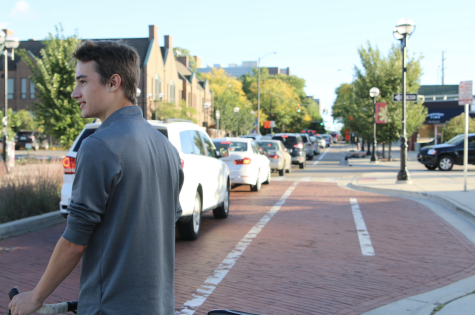
I would never want my eulogy to be etched into the windshield of someone’s Ford F-150. Or smeared across the asphalt under the rubber wheels of a two-ton steel battering ram because the driver was late to their doctor’s appointment.
I do not want to die on the road. I can’t think of a less appealing place to end my life.
The same goes for drivers, too: I don’t travel by car much, but most of my friends drive to get to school or work. I’ve heard stories about crashes and near-misses from them before; accidents happen on the road constantly. What if they get into a car crash themselves? What if they hit a cyclist?
What if they crash into me?
Not everything heals.
When we think of the cost of a car, most people think of the initial capital (the purchase) and the cost of fuel per trip. But there are always hidden tolls, economic and social, that we ignore.
Think about it: let’s say that everyone can afford to own a car, and wants to drive one. Cars don’t work without a smooth surface to operate them on, so we spend billions of dollars building and repeatedly maintaining lanes of asphalt tracks spread across acres of land so we can use them.
But cars also need to be controlled at intersections. So we spend more billions on creating infrastructure, writing laws, and training drivers so people don’t crash or interrupt the system.
But they do crash, and people do break the system, which wastes more time and money on safety nets, traffic issues, and thousands in insurance cash. So we build more infrastructure and roads, remove other alternatives like bike lanes and railroads, and give more space to cars.
But this forces more people to drive, even when it’s not financially viable for them to do so. The personal out-of-pocket cost of a car includes insurance, repairs, parking space, and more, scaling by car usage. According to the US BLS, vehicle costs can eat up over 30 percent of household income for low 20 percent-income families.
That’s the equivalent of having a third of your income deducted from your payroll purely for getting to work.
There’s more: cars also command an inordinate list of social costs which extend past hundreds of pages of peer-reviewed papers. The effects of traffic congestion, car-centric land use, pollution, and more are baked into our society and alter everything from the cost of our housing to the cost of our food.
And the human toll.
There are always things we accept as an unfortunate cost or waste. Wastes of water. Wastes of food. Wastes of money. But what we cannot accept is the waste of life. Are we supposed to tolerate an ‘accepted’ number of fatalities that result from driving? Do we excuse the existence of a literal death toll in how we get to work? To school? To a doctor’s appointment?
The National Highway Traffic Safety Administration estimates that during 2021, there were 42,915 fatalities from car accidents in the US, putting road injuries in the top ten leading causes of death. That means that every year, out of 100,000 people, 13 will die as a victim of our primary method of transportation. That’s a tax we should never accept.
Bruises heal. Egos heal. Death does not heal. The way we travel is costly, and we pay with our lives, literally and metaphorically.
Government statistics predict that at some point in your life, you will end up in a car accident. When you do, perhaps you should ask yourself: For a car, how much are you willing to pay?



